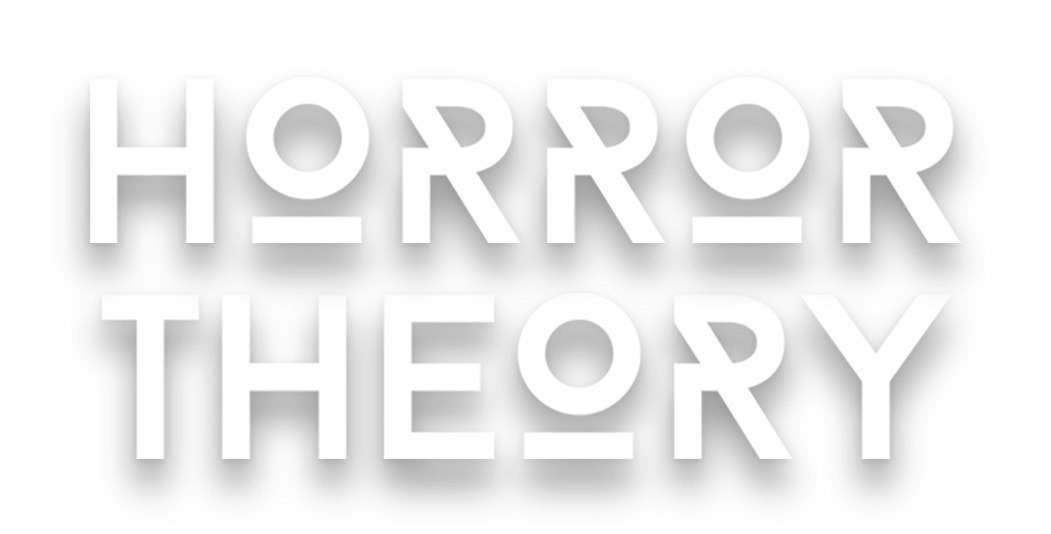M. Night Shyamalan is back. It seems remaining a loyal fan of the Pennsylvania-rooted writer-director has paid off (after a decade of it not paying off), because “The Visit” might be the first in a resurgence of great films from the most controversial director in the business.
“The Visit” is the first Shyamalan film in 11 years that I’ve been excited to see. Between 1999 and 2004, the Indian filmmaker crafted four of my favorite movies: “The Sixth Sense,” “Unbreakable,” “Signs,” and “The Village.” I adored all four. Then came “Lady in the Water” and “The Happening.” While I could recognize that these two films were objectively awful, they seemed more like the works of an artist fatigued by success. I was more than happy waiting for Shyamalan to eventually get back on track.
Later, “The Last Airbender” and “After Earth” happened. And I stayed as far away from these films as possible, given their reputation and the fact that, due to studio intervention, I never considered them true Shyamalan films. It’s important to note my history as a Shyamalan fan, because more than with any other director, it matters. To me there were no big glaring stains on his filmography–only a few blemishes.
“Night, who I chased for years and years, had the courage to take a break from the Hollywood system,” Producer Jason Blum told New York Times. “That is exactly the type of director we want to bet on.”
The plot revolves around two siblings, Rebecca and Tyler, who go on a week-long visit to their grandparents’ house in an agrarian area of Pennsylvania. Their mother, Paula, hadn’t spoken to her parents in 15 years, after she had a falling out with them after they didn’t approve of her eloping with her high-school teacher, who eventually abandoned them.
Rebecca decides to document the trip with her camcorder. Thus, “The Visit” is presented as found footage from the perspective of two professional-grade camcorders and one webcam. In addition to her desire to craft a compelling documentary, Rebecca wants to interview her grandparents and extract information from them regarding why they no longer have a relationship with Paula.
Like in “The Sixth Sense” and “Signs,” Shyamalan hit the jackpot when he cast the two child stars: Ed Oxenbould as the goofy but talented wannabe rapper Tyler and Olivia De Jonge as the older and more sophisticated Rebecca. Rebecca uses a somewhat condescending sense of maturity to compensate for some pent-up anger that she still has towards her estranged father. Tyler is essentially an endless well of dorky, adorable hilarity. He uses female pop star names in in lieu of curse words, but has a paralyzing fear of germs.
When Tyler and Rebecca arrive at their grandparent’s farmhouse, they try their best to get to know them. Generational dissimilarities occur in a playfully natural series of events– such as their 9:30 p.m. bedtime. One night when Rebecca leaves her room to get some cookies from the kitchen, she finds her grandmother walking in a trance-like state projectile vomitting with each step. The grandfather dismisses her strange behavior as part of being old, and the grandmother does the same of him. The occurrences grow increasingly threatening.
“The Visit” was marketed as a horror comedy/thriller. But at some point, it blends into its own genre. According to his Twitter account, Shyamalan prepared three different cuts of the film. One that was “pure comedy,” another that was “pure horror,”and a final one that “fell somewhere in between.” But rather than feeling forced– or like some desperate attempt at a so-bad-it’s-funny horror flick, “The Visit” shows that the two emotions are complimentary. The humor elevates the terror organically and vice versa. It never feels like a seesaw of emotions.
In classic Shyamalanian style, there are a lot of themes explored in “The Visit” regarding– overcoming irrational fears, letting go of anger and pride, and confessing secrets that prevent us from being ourselves. When it comes to Shyamalan, a thriller is never just a thriller. But in every instance, every moment of sincerity is coupled with anti-pretentious bouts of comic relief. “The Visit” takes itself precisely as seriously as it should.
The failure or success of “The Visit” might be entirely dependent on viewers’ capacity to depart from what they’ve already made up in their minds this movie to be. Shyamalan has done much more to progress modern cinema than he has to deface it. But “The Visit” might not be “Sixth Sense” groundbreaking enough to quell the critics who love to hate the director.
Nevertheless, “The Visit” is easily one of the most entertaining horror comedies I’ve ever seen. And it’s proof that Shyamalan still has the genius in him to make geniunely engaging films–given that he has complete control of the creative process from start to finish.
